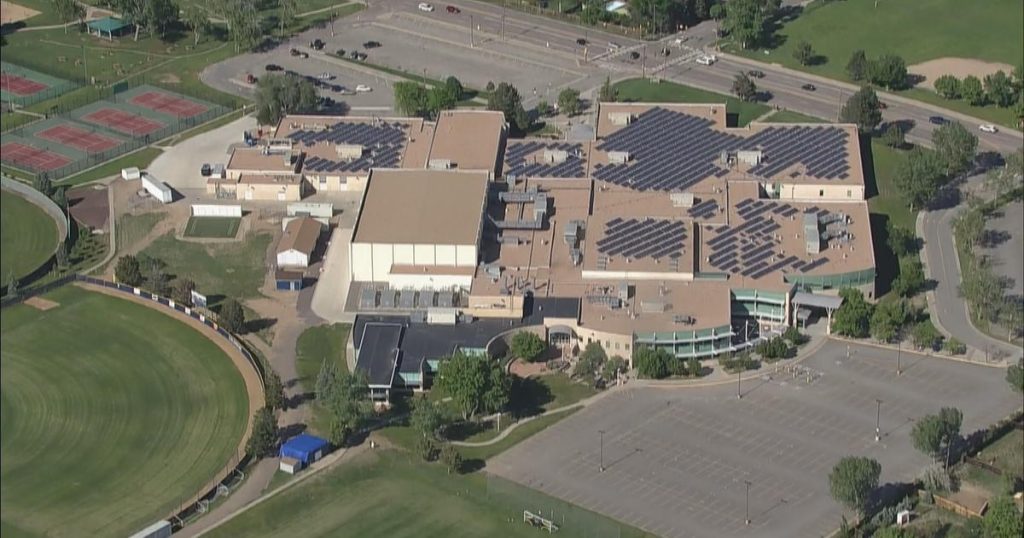Serenity Seigel, now 19 years old, first started worrying about a mass shooting at her school at the age of 7, sparked by the 2012 Sandy Hook shooting. As she grew older, she continued to see gun violence in the news, causing her anxiety to grow. In her freshman year of high school, a lockdown drill involving a realistic video simulation left her shaken, with little opportunity for debriefing afterward. This experience is not unique to Seigel, as students across the United States have faced similar anxiety due to the prevalence of lockdown drills since the Columbine High School massacre in 1999.
Prior to the Columbine shooting, schools primarily prepared for fires and natural disasters. However, after Columbine, lockdown and active shooter drills became commonplace in schools across the country. Research indicates that these drills can have negative impacts on students’ mental health, especially when coupled with the constant stream of news about violence in the world. These drills can trigger the amygdala, the part of the brain responsible for processing emotions, leading to trauma responses that hinder the learning process. Students are expected to seamlessly transition back to their normal school routines after these drills, despite the fear and stress they may be experiencing.
Experts suggest that schools could take steps to better protect students’ mental health while still conducting necessary lockdown drills. This includes informing students and parents in advance of when drills will occur, as well as providing time for students to decompress and talk about their experiences. Standardized practices for lockdown and active shooter drills are lacking, with some drills causing unnecessary distress for students, such as simulated gunfire. Legislation has been introduced in some states to mandate advance warning of drills and prohibit traumatic elements.
Some schools are taking steps to conduct drills in a trauma-informed manner, focusing on teaching students necessary safety measures without causing unnecessary stress. Programs and initiatives have been developed to help teachers and students cope with the mental health implications of lockdown drills. By creating a supportive and open environment for students to discuss their feelings, schools can ensure that students feel more prepared and less anxious when participating in active shooter drills. By shifting the focus to mental health and wellness, schools can better support students during these challenging times.


